Sponsored by Toyama Prefecture
Toyama Prefecture has an unusual geographic feature of having the seashore and the mountains separated by only a few miles. This charm of Toyama Bay, which is one of the ‘Most Beautiful Bays in the World Club’, makes it possible to visit the snow-capped mountains mere minutes after leaving the sandy ocean beaches. And if tourists are attracted by the calm beauty of Toyama Bay, the mountains will appeal to their sense of adventure. They are home to centuries of tradition and breathtaking scenery.
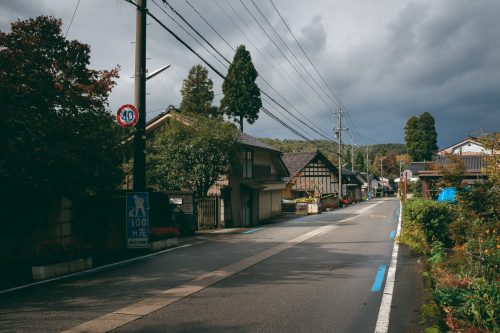
On the way to the Nisseki Temple
After renting a bicycle at Kamiichi Station in Kamiichi Town, it’s time to set off for our first destination: Nisseki Temple. We are heading into the mountains, so it’s no surprise that we have to face a bit of a climb. But our efforts are quickly rewarded as the landscapes are majestic. Rice fields, forests and mountains make up the most beautiful living paintings, and the postcard views change as we travel.
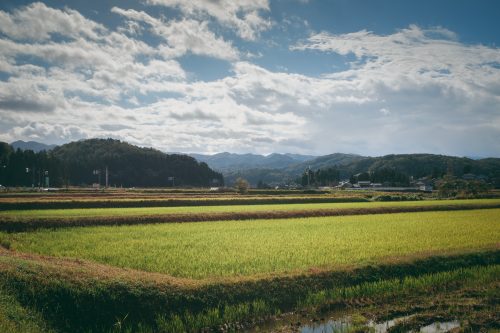
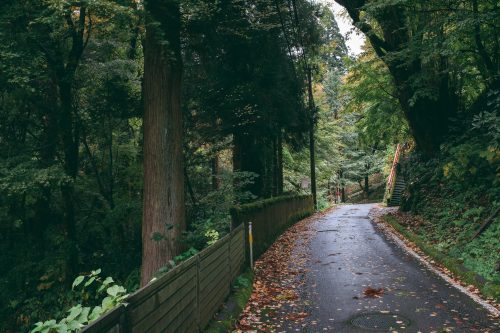
At the edge of the road, there are beautiful little shrines nestled among the forest and the fallen leaves. The calm and mystical atmosphere of the Nisseki temple awaits us on our arrival.
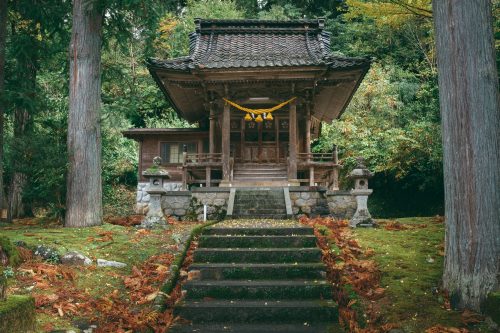
We are welcomed by Shinmei Shrine. At the foot of Mount Tsurugi, there is Shiroyama spring water source which has been used by locals for centuries. Over time, the spring has become a sanctuary where locals and visitors alike can fill their water bottles directly at the water source by making an offering of 10 yen to fill two bottles (up to 2litters).
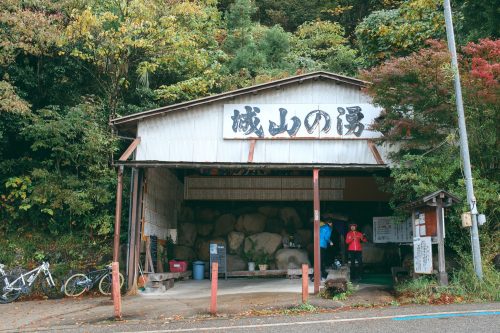
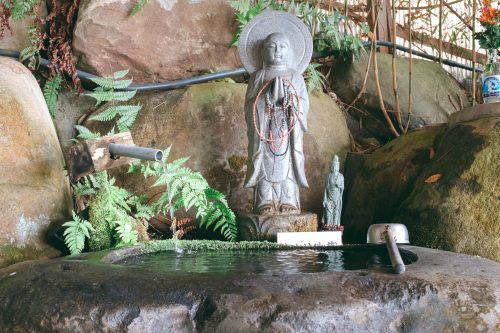
You will realize it was worth the climb because the water is fresh and pure, and we will arrive at the Nisseki temple soon!
Visiting the Nisseki Temple
The Nisseki Temple was founded in 725 and belongs to the Shingon Buddhist School. In the middle of the mountains, this temple which is made up of several buildings which seem to be unchanged for centuries. A true dive in the full Japanese Buddhist tradition.
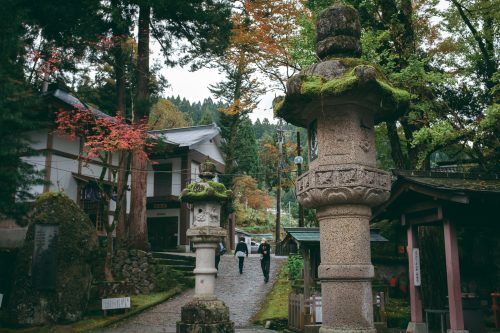
However, the main building of the Nisseki Temple was the victim of two fires that consumed it completely. Monks opposed the firefighters when they came to extinguish the fires because the cold water could create a thermal shock that would split the huge Acalathe God of Fire statue in the main temple.
This is the most important part of the temple: an immense Acalathe God of Fire statue cut into the rock that is an entire wall of the temple.
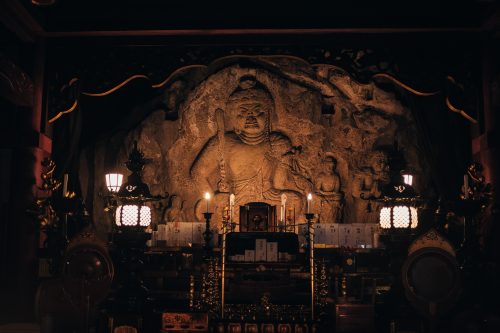
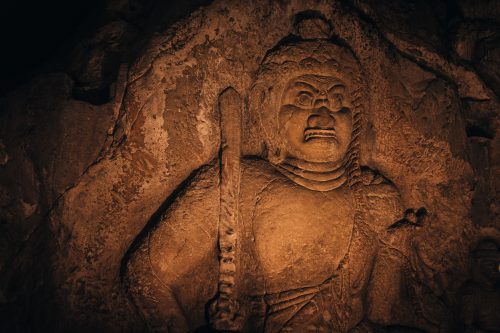
There are opportunities to learn the rites of the temple and to discover the Buddhism practiced at the Nisseki Temple. First, let’s pray at the main temple to take time to observe the statue and memorize every detail about it. Then we go to another building and retrace the outline of the statue on a sheet by following pre-drawn lines with a help of a calligraphy brush.
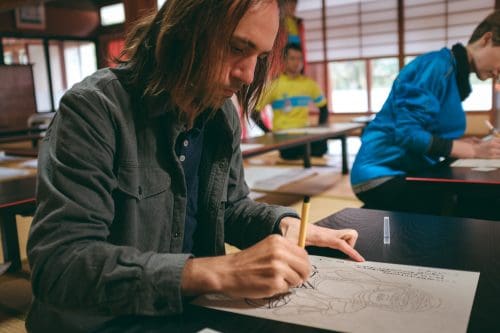
We write our name along with a wish on the sheet. The sheet will then be burned during a ritual, and the ashes will be enclosed in an amulet that will be sent directly to you.
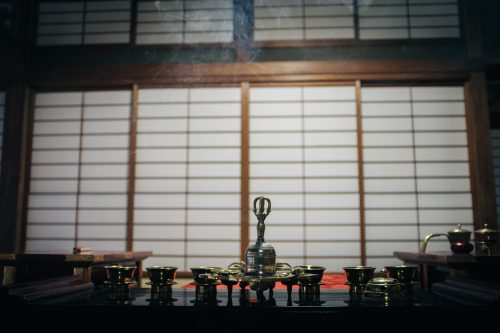
Discover the vegan cuisine of Buddhist monks
Buddhist monks eat a purely vegan diet which uses no meat, egg or milk. A restaurant located along the Oiwa Monzen street offers the cuisine for those who wish to try it.
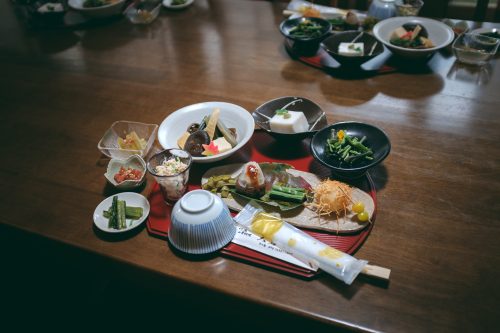
I’ve been to vegan restaurants before, but this was the best vegan meal I’ve ever tasted. Many wild seasonal vegetables picked from the mountains are used for the menu, and all revealed new and surprising flavors. Even the tofu with sesame was melt-in-your-mouth and tasty.
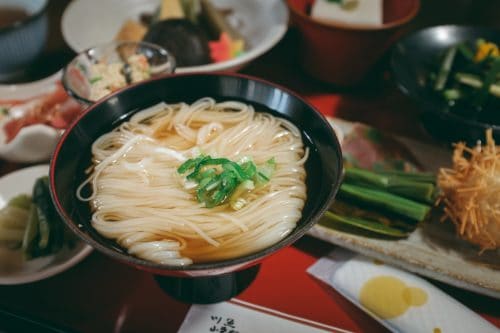
The menu of the day included a small bowl of somen, very fine noodles in a hot broth. The menu was perfect for warming up on this fall day.
Yatsuo, an old city with tradition
It is time to return our bicycles, but there are still things to discover in the mountains of Toyama Prefecture. Our next destination is Yatsuo Village. During the Edo period, this village prospered by producing paper and silk. It is known today for Hikiyama Festival of Ecchu Yatsuo which is held on May 3 every year. A museum records the history of the festival, and stores the huge mikoshi, portable shrines that come out only for the festival.
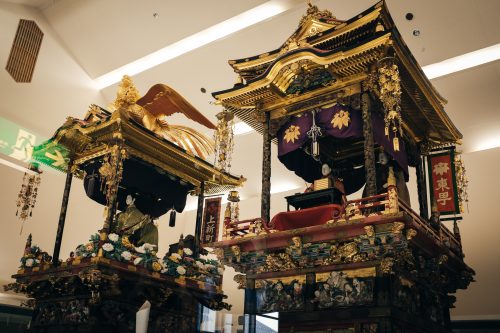
Richly decorated Hikiyama would be a symbol of prosperity of Yatsuo’s merchant culture, and it must be quite the spectacle in the Spring when these Hikiyama are paraded through streets.
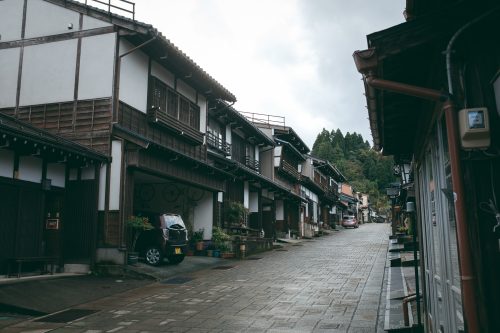
Because the cobbled streets of Yatsuo are very traditional, it’s nice to walk quietly along them and discover the local delicacies and treasures found in small shops.
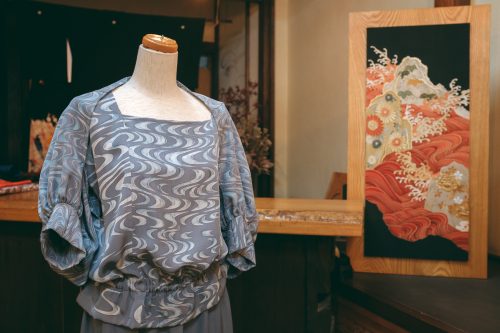
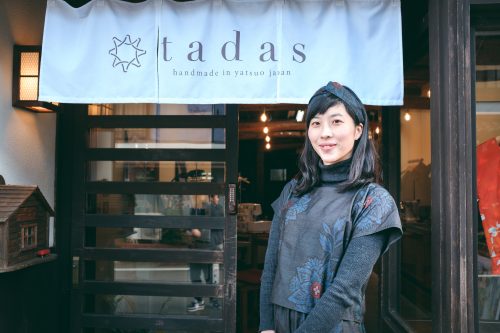
For example, there is a small shop of handmade clothing remade from old kimonos. An ingenious form of recycling gives birth to unique pieces full of charm.
Spend a night in a ryokan surrounded by mountains
There is so much to do in the mountains of Toyama, it might be a good idea to spend the night there. Tsurugi Koizuki Ryokan in Kamiichi offers luxurious rooms with unobstructed mountain views.
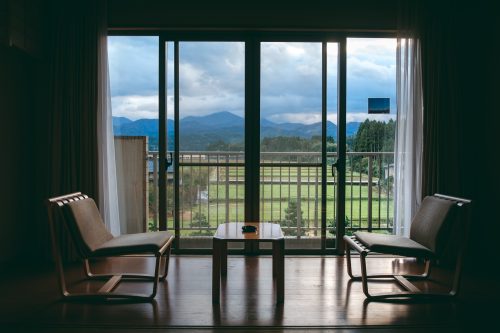
The traditional Japanese rooms with tatami and futon are spacious and very pleasant. But there is an alternative choice for visitors who would prefer to sleep on a bed; Western styled rooms are also available.
After a tiring day of walking or cycling, the hot onsen waters in the ryokan are especially welcoming. The outdoor hot springs is particularly pleasant, especially when it is cool outside. Let your body relax in the warm waters while feeling a cool breeze on your face before going to bed. You will experience a typical Japanese moment of pleasure which you will remember for a long time.
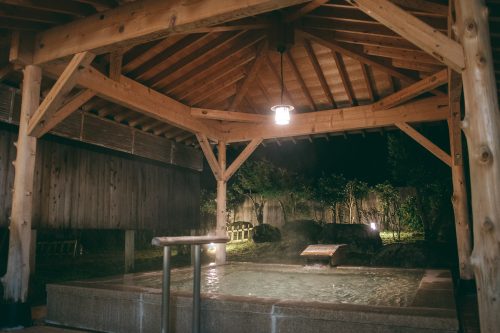
The dinner served at Tsurugi Koizuki is absolutely delicious. Composed of specialties of Toyama Prefecture, including fish and shrimp sashimi, and the famous white prawns caught in Toyama served with your rice.
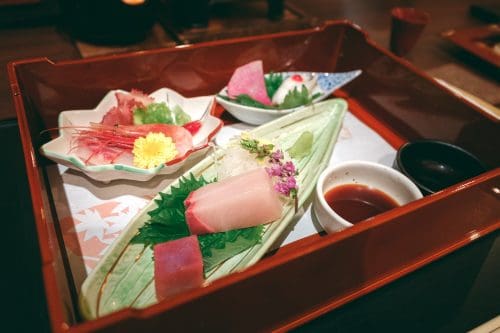
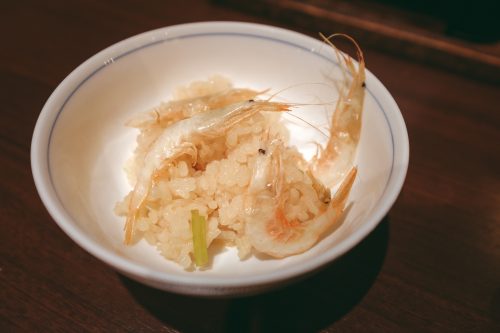
Tip: if you don’t mind eating savory food in the morning, try the black ramen available at the breakfast buffet. The black soup of this ramen is a specialty of Toyama and among the best ramen in all of Japan.
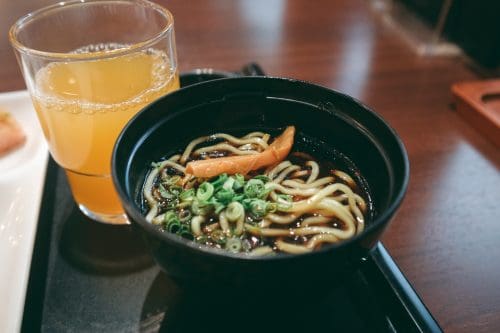
Discover Toyama City
Toyama City lies between Toyama Bay and the Northern Japan Alps, just minutes from both beaches and ski resorts. Connected to the Shinkansen network, also known as Japanese bullet trains, access from anywhere is easy and you can visit the rest of the prefecture using Toyama City as your base. With abundant temples and museums, Toyama City is culturally rich city.
The Toyama Glass Art Museum is an eye-catching building which was designed by the famous architect Kengo Kuma.
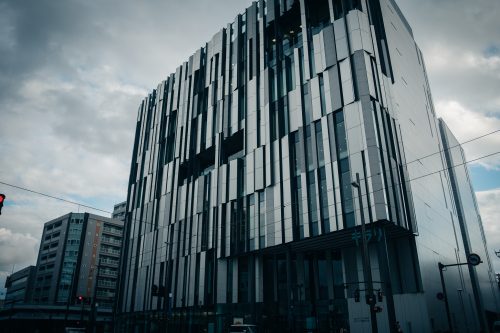
Cool materials like glass and steel were used for the exterior of the building, while the interior was designed mainly with wood, which conversely creates a warm and welcoming atmosphere.
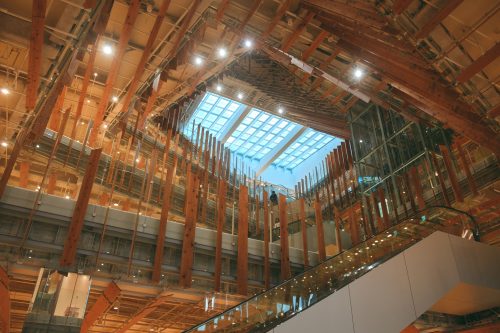
You may come across many students who study in the calm and comforting environment of the museum and library. But an entire section of the building is devoted to the study of glass in a museum that occupies several floors. The museum has its own permanent collection and presents temporary exhibitions that change regularly.
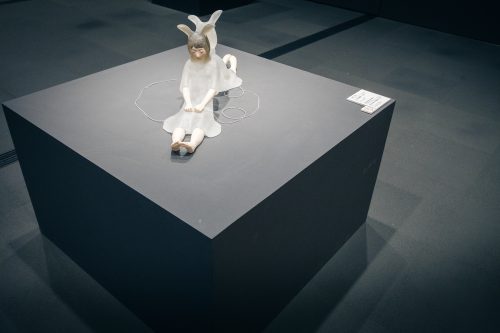
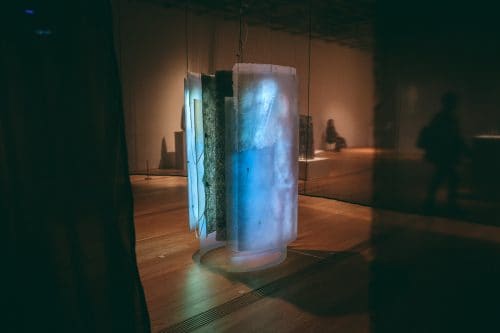
I discovered that glass is a real universe, an art form that can go from practical to experimental. I had a fascinating visit.
At the top of the Toyama Prefectural Museum of Art and Design is the Onomatopoeia Rooftop Garden which offers you a beautiful panoramic view of Toyama City. It is a park based on the theme of onomatopoeia which is creative and fun.
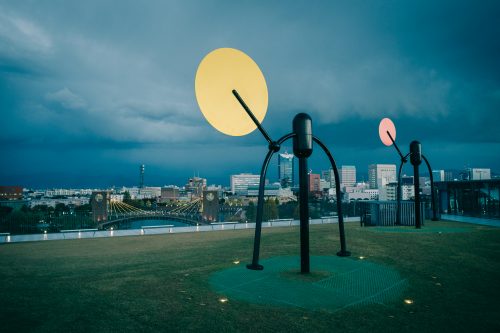
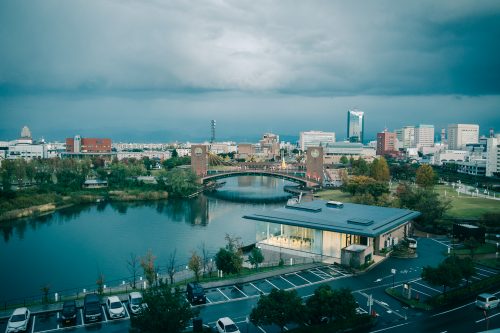
You can enjoy a magnificent view of Kansui Park from this garden. When the weather is clear, the snowy mountains are also visible on the horizon, which is a characteristic view of Toyama, snow-capped Tateyama Mountain range.
Kansui Park, a ten-minute walk from Toyama Station, is one of Toyama’s most attractive places to play. For both its instantly symbolic bridge or amazing waterfalls, people of all ages come to enjoy a sunny day or gorgeous sunset at the park.
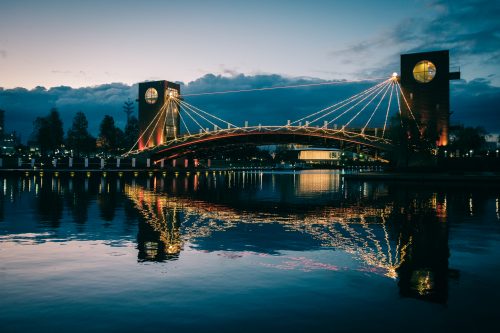
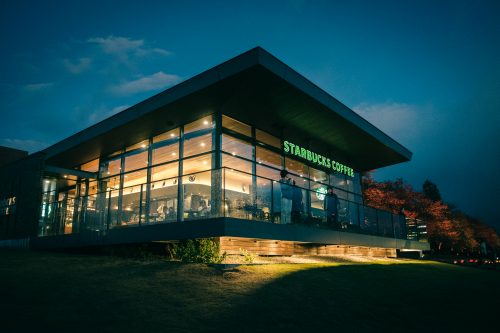
And there is also a remarkable Starbucks in this park. With its location and views of the canal, it is known as one of the most beautiful Starbucks in the world.
Where We can Rent a Bike?
・Kamiichi Tourist Information Center
・Business hour 9:00~16:00
・Fee ¥1,000 (¥500 will be refunded.)
・Mountain Bike is also available to rent
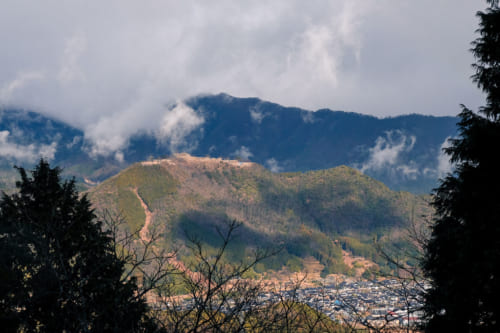
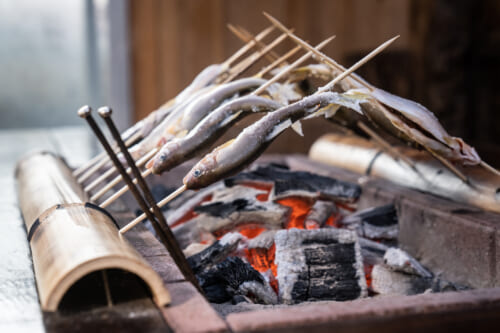
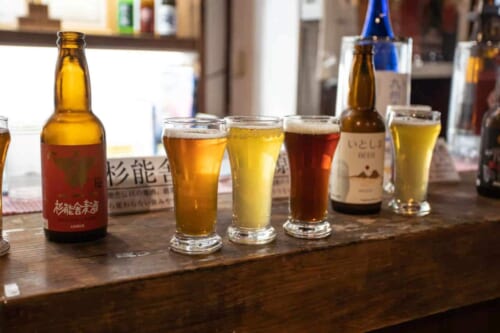
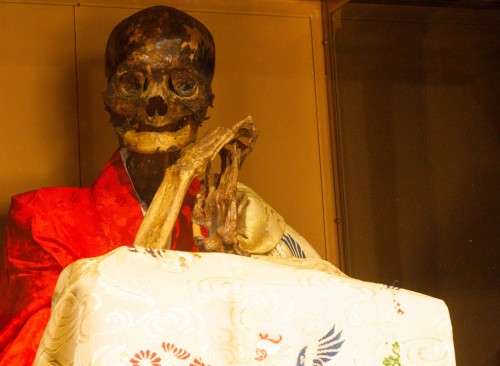
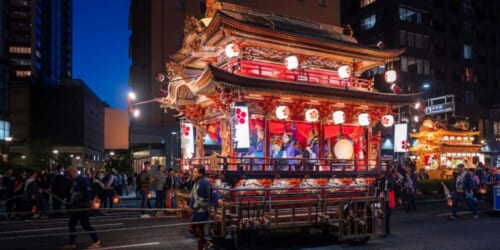
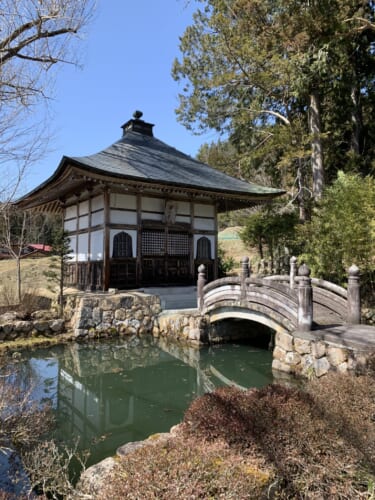


No Comments yet!